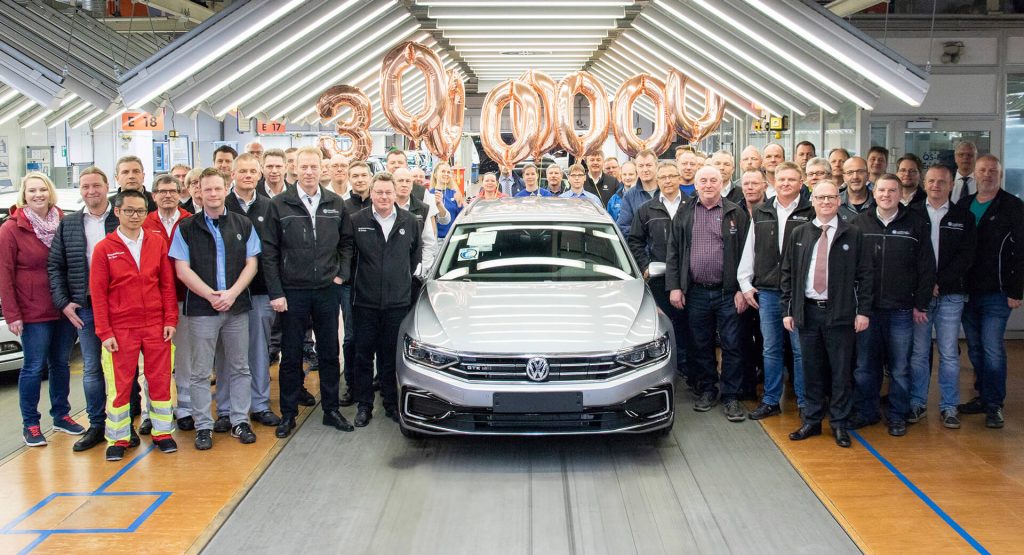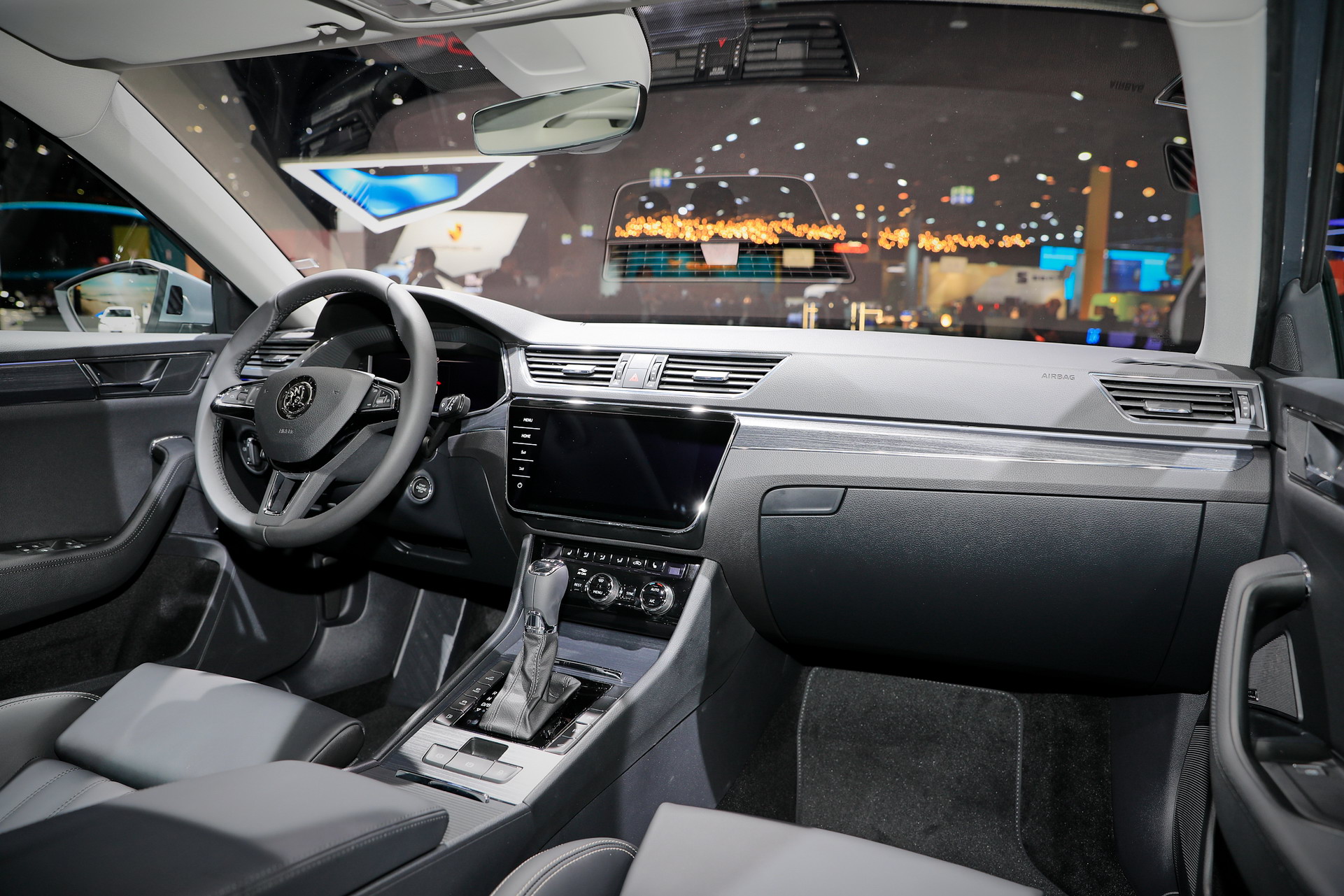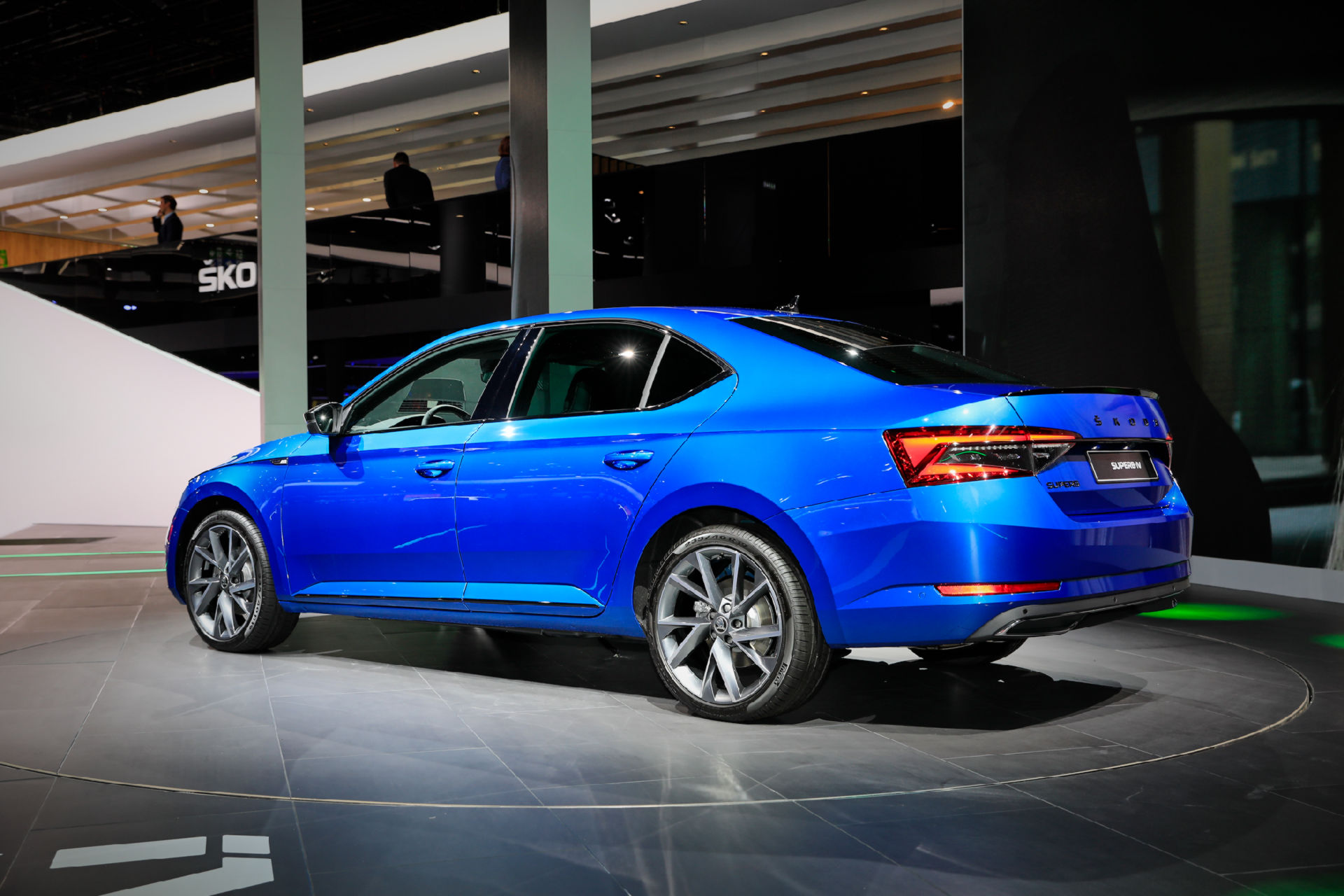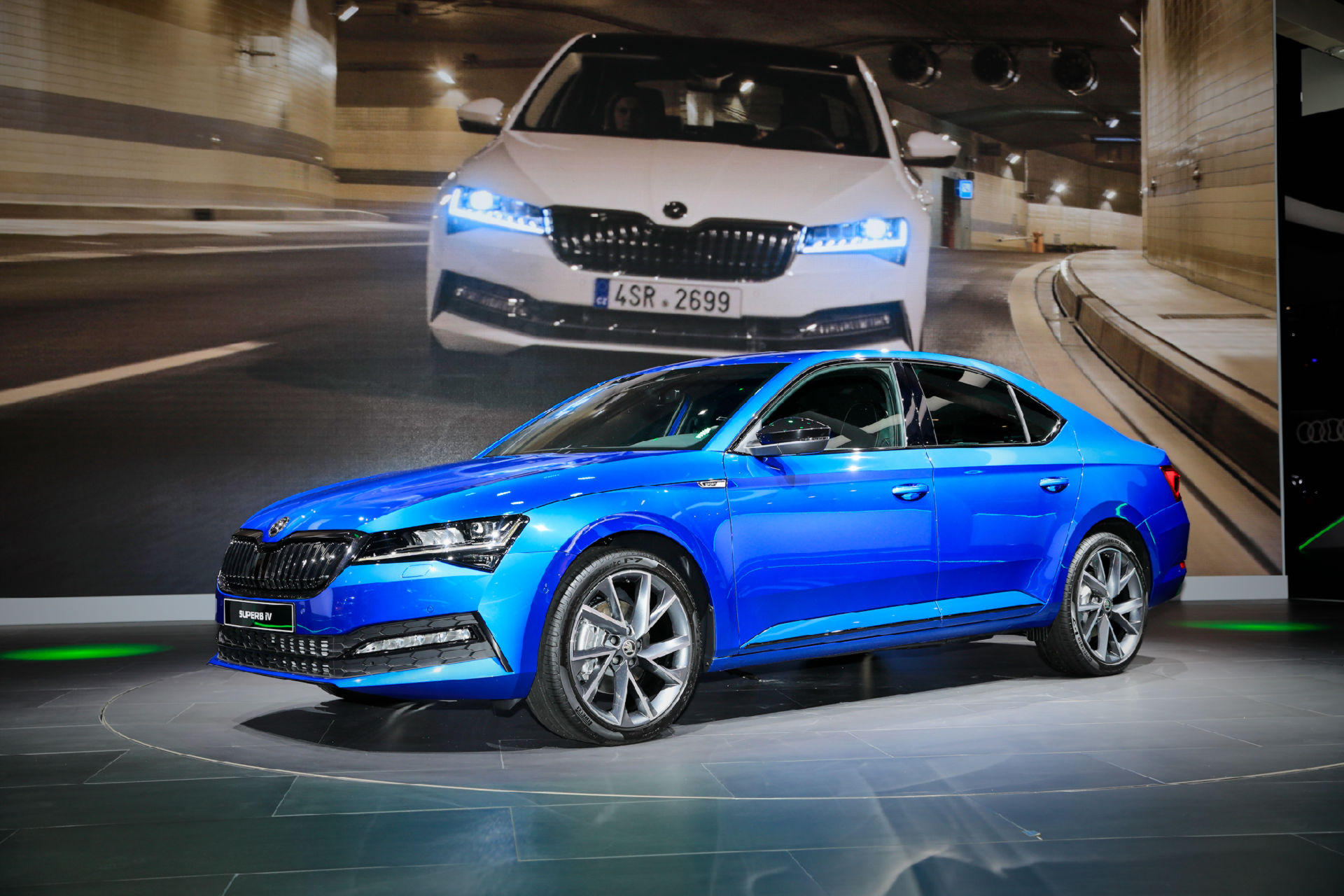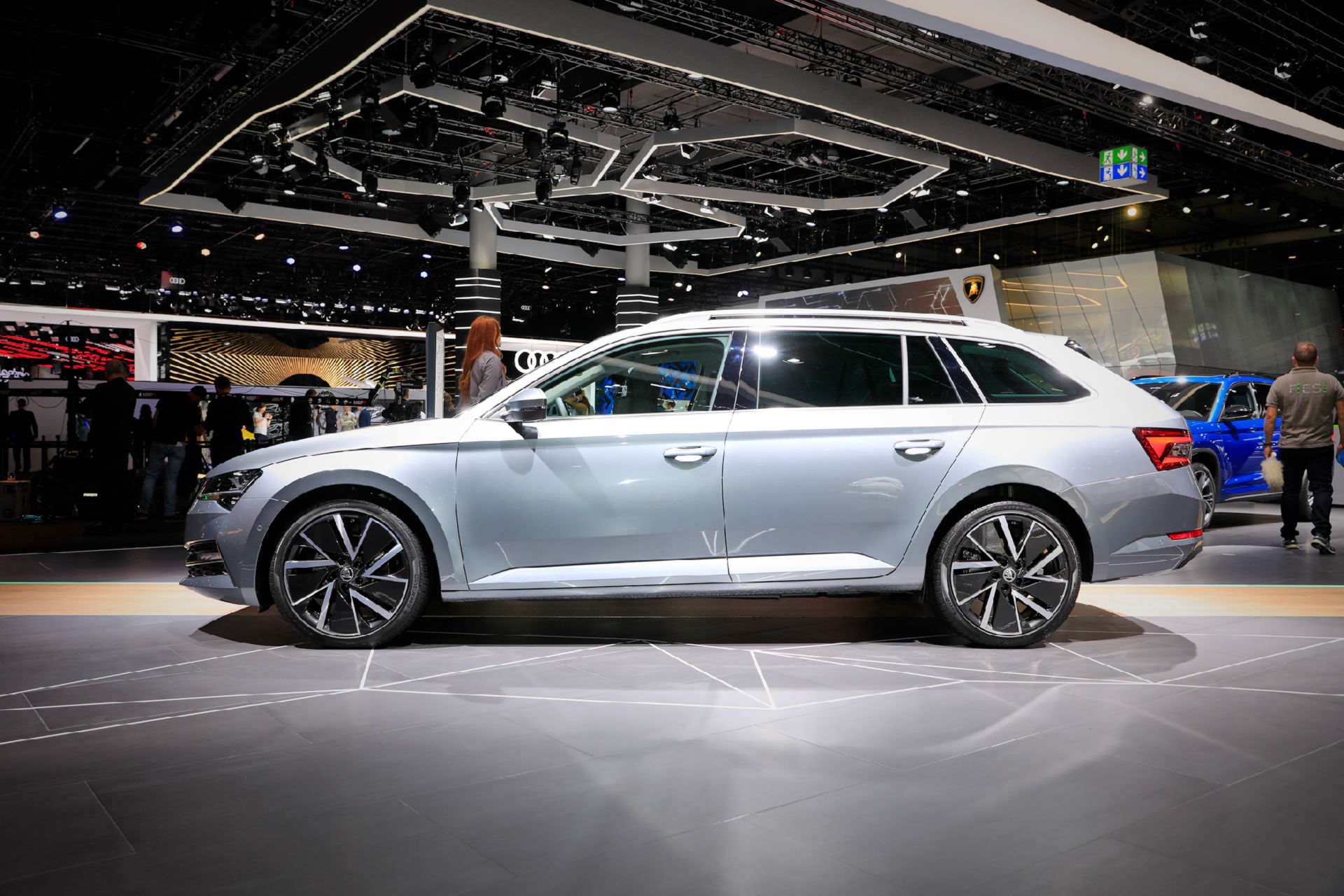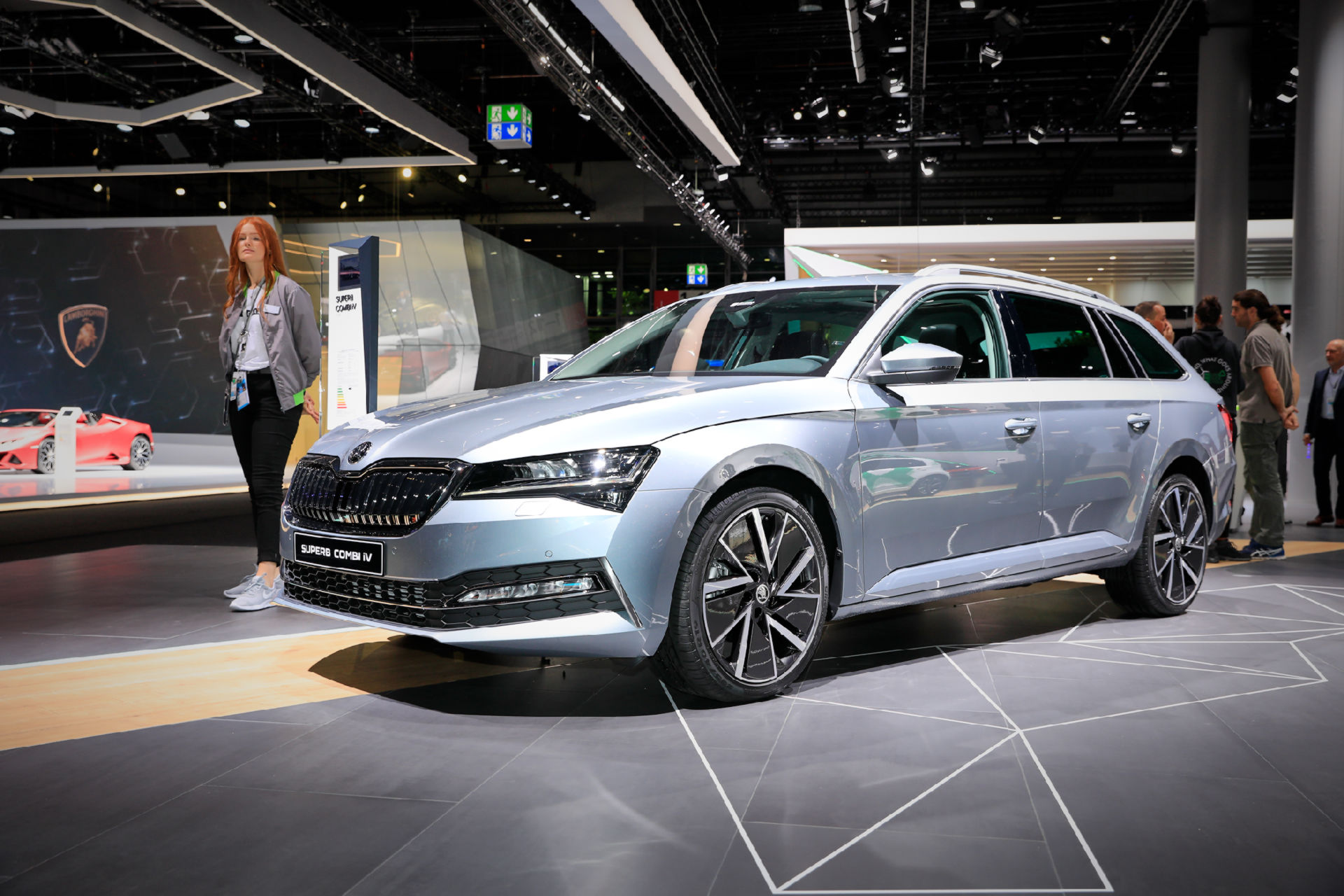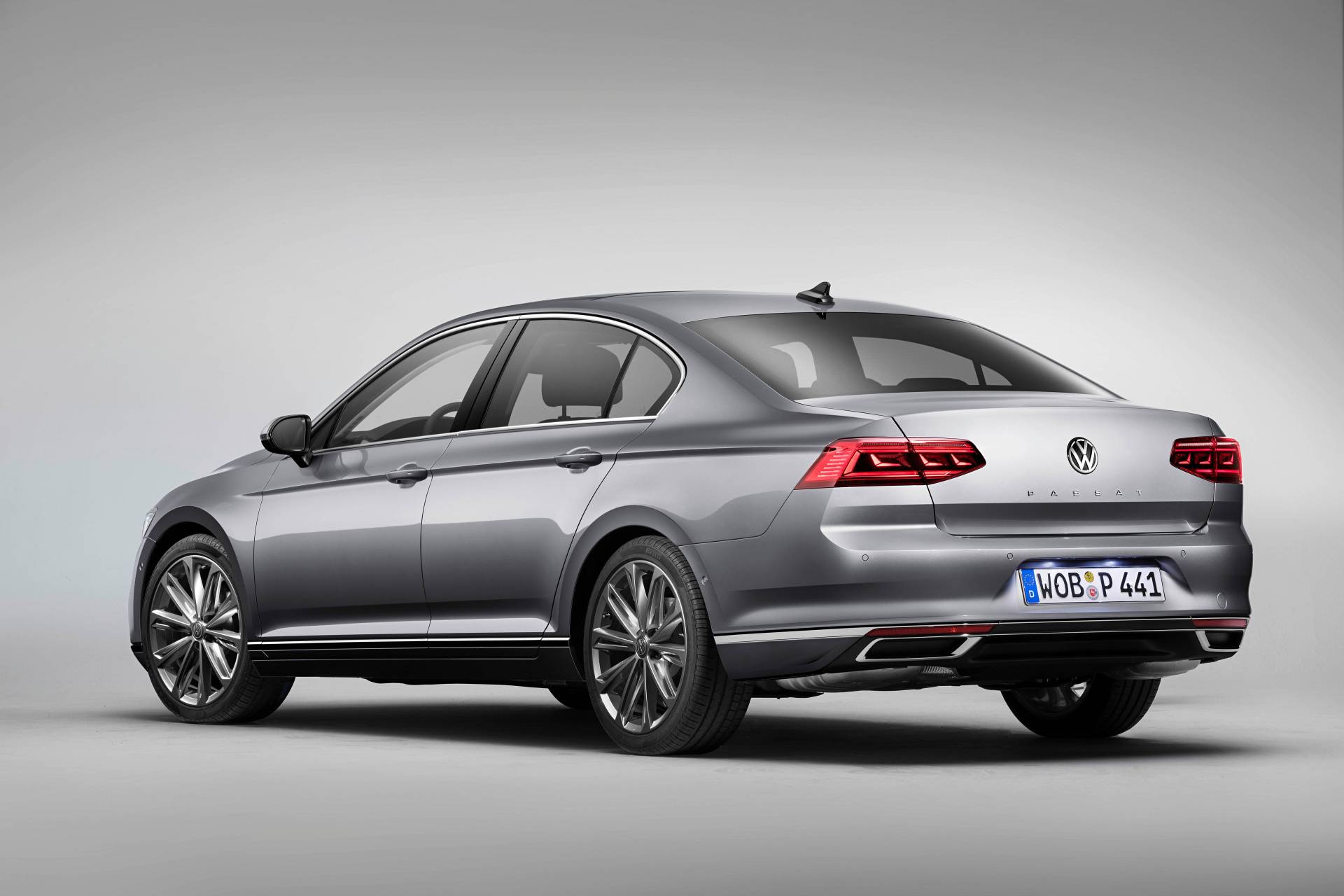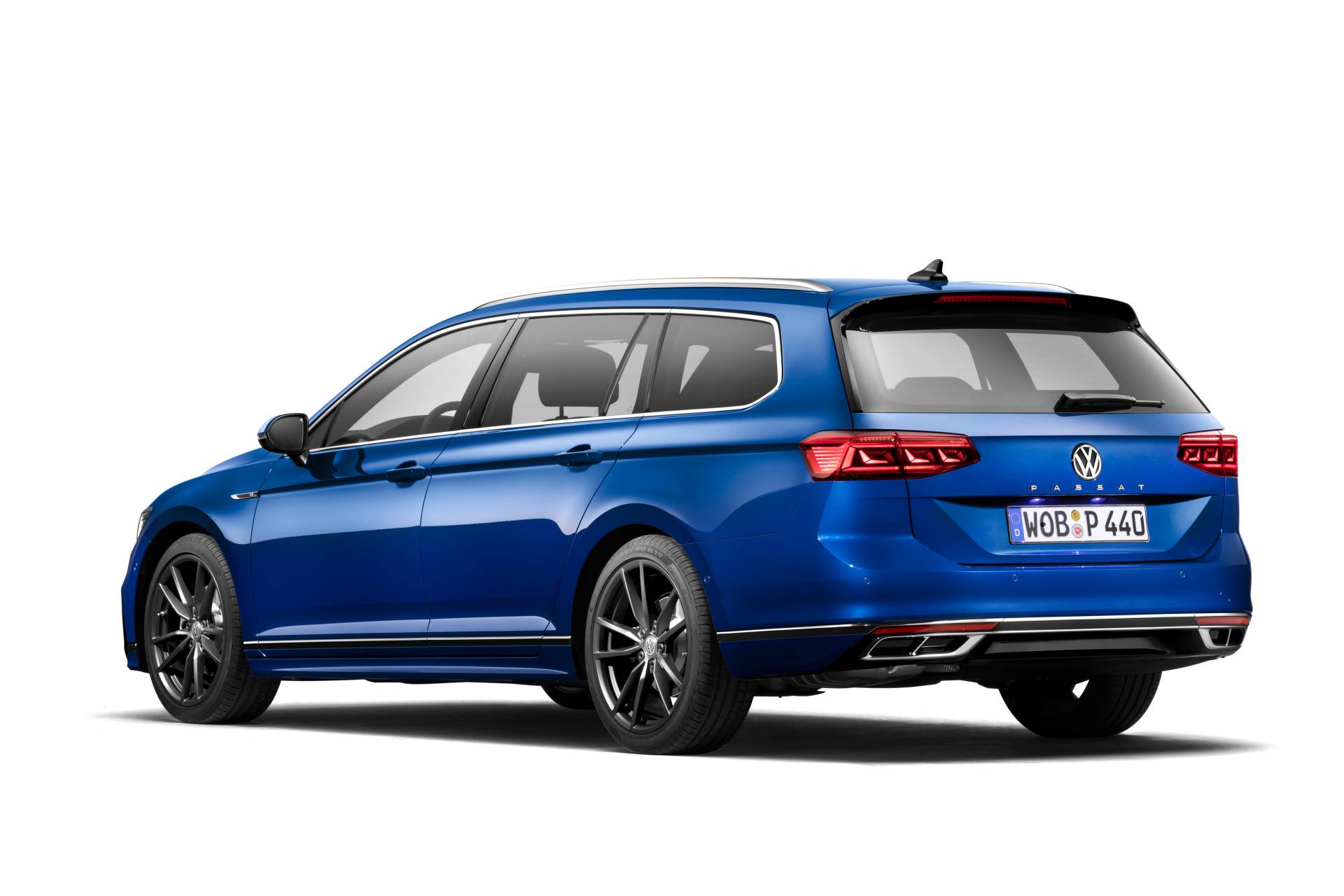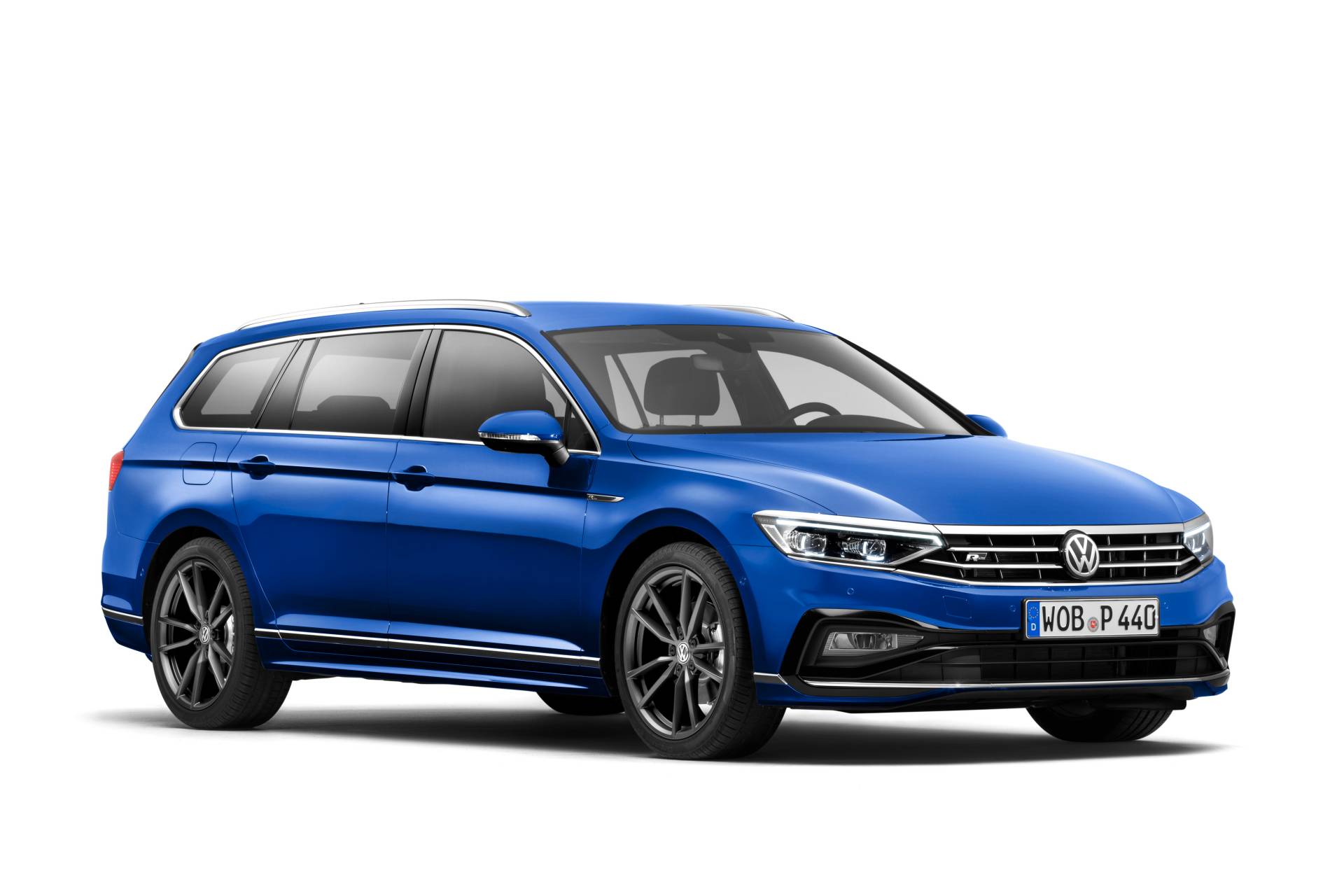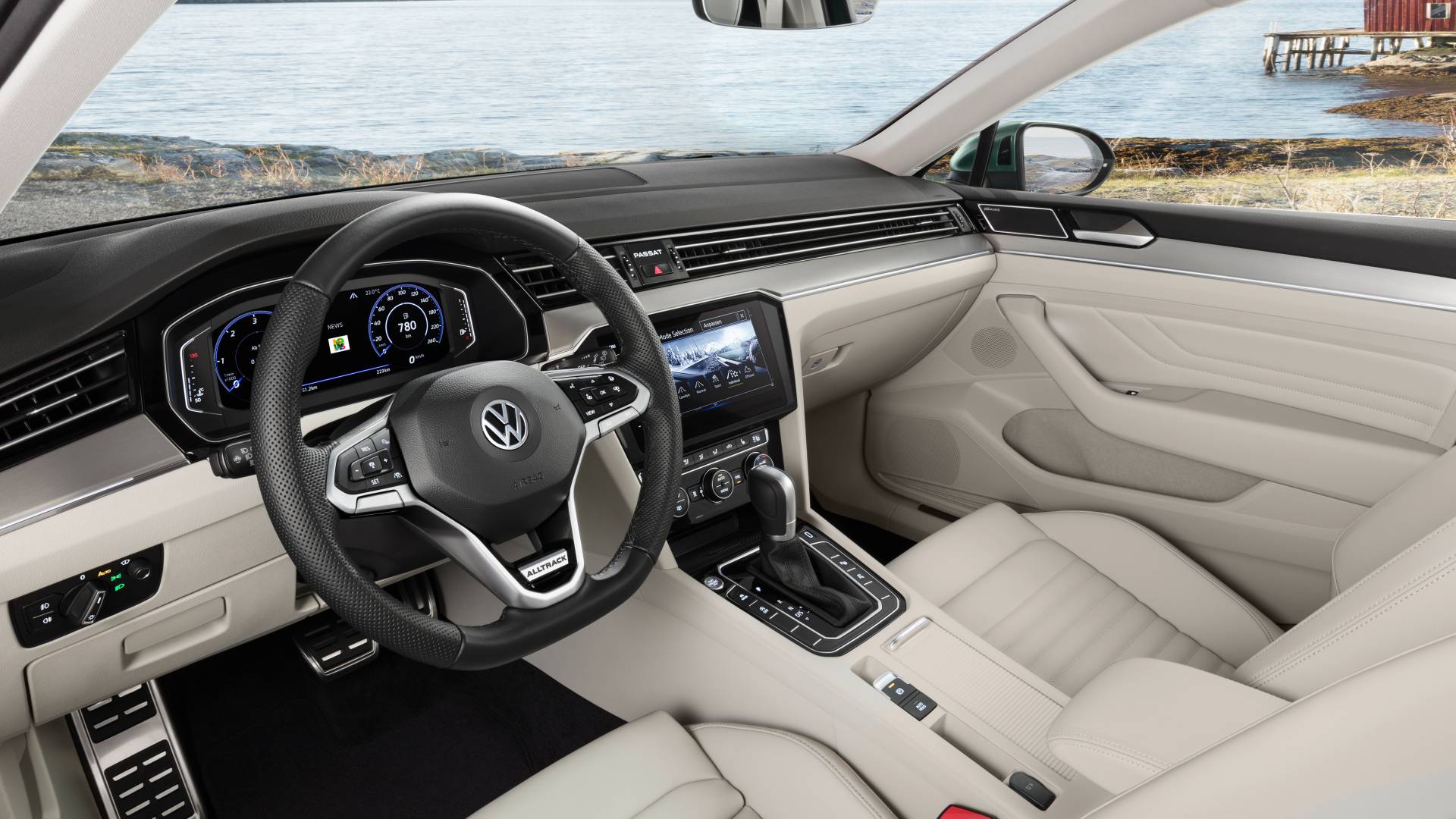Bulgaria and Romania are reportedly still on the race for VW’s planned factory, after the German car maker delayed its final decision to pick Turkey for its location.
VW established a subsidiary close to Izmir, Turkey that would handle the new $1.4 billion factory that’s supposed to start production in 2022. The German car maker said it’s putting on hold the final decision for the factory, amid international criticism of Turkey’s military operation in Syria.
Also Read: Volkswagen Delays Final Decision On New Turkish Car Factory Over Syria Invasion
Bulgaria is now ready to offer more incentives to Volkswagen in order to build the factory there; Reuters reports that the country will double the subsidies initially offered to the car maker, from 135 million to 260 million euros ($288 million in current exchange rates).
VW’s shortlist for the new factory includes both Turkey and Bulgaria, and the company’s announcement regarding Turkey has raised the Balkan country’s hopes. “Yesterday’s statement was a good start. But there is a long way to go before we can see what the final decision will be,” Rosen Plevneliev, a board member of the non-governmental Bulgarian Automotive Cluster, said on a local radio station.
“Bulgaria has prepared a wonderful proposal, which offers the utmost possible under European Union laws,” Plevneliev added. The Bulgarian Automotive Cluster unites more than 54 companies in the automotive sector and has been lobbying in favor of Bulgaria’s bid.
“We can expand our cooperation with Volkswagen in different areas. Bulgaria is to build infrastructure for electric cars. We also have ideas how to back up the carmaker with additional infrastructure and educational measures”, Plevneliev said.
Romania has apparently also started talks with VW for the factory’s location, with the country’s trade minister Stefan Radu Oprea confirming it on a local newspaper, Bloomberg reports.
VW’s new factory is going to produce the next-generation of the Passat, alongside the Skoda Superb, and will have an annual capacity of 300,000 vehicles.




